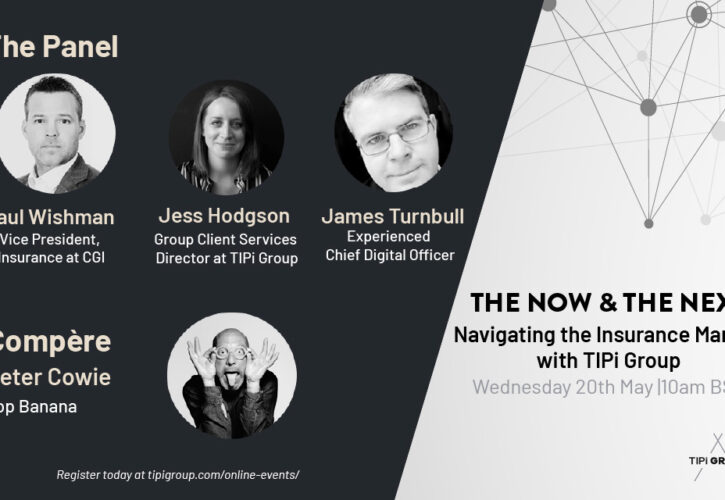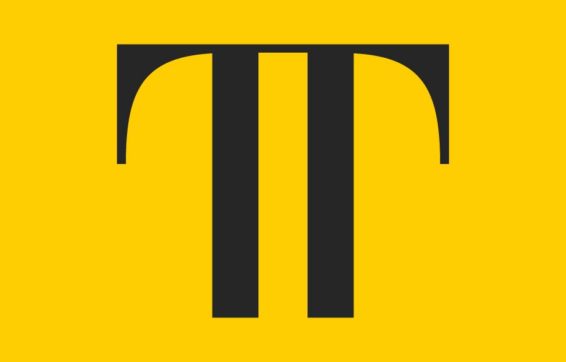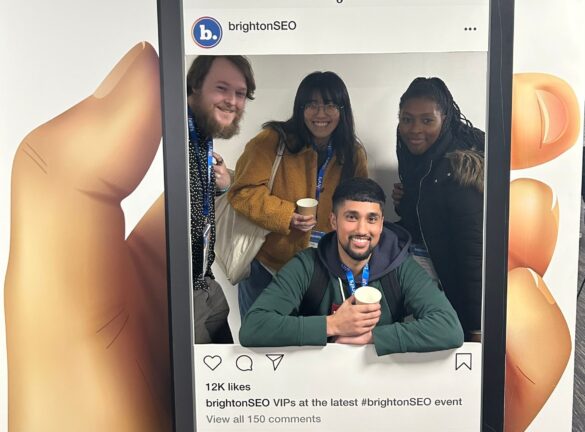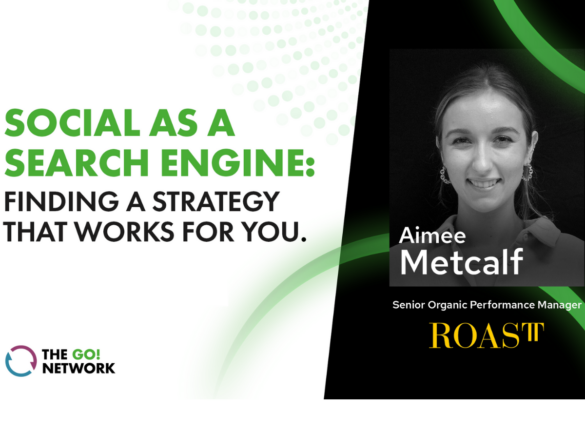
The Now & The Next: Navigating the Insurance Industry
Our third ‘The Now & The Next’ session was focussed on the Insurance sector, in which businesses of all sizes are seeing great impact, negative & positive, during the current period. Peter Cowie (Top Banana of From Good to Great) spoke with Paul Wishman, (Vice President, Insurance at CGI, Previously LV= and esure), James Turnbull (Experienced Chief Digital Officer, previously Domestic & General and The AA) and Jess Hodgson (Client Services Director at TIPi Group) on the morning of Wednesday 20th May.
A video of the session is available to watch here, and the key points are copied below:
Peter Cowie: Good morning everyone and welcome to TIPi Group’s The Now & The Next event. The topic today is Insurance and we’ve got some panellists from across the ecosystem in to discuss. Can you all explain a little about your background?
Paul Wishman: So, I currently work at CGI, but I’ve been in insurance for a long time. I was involved in a dotcom business in the early 2000s and then worked at LV= and Esure before moving to CGI.
James Turnbull: I’ve recently left Domestic & General after a number of years and I’m currently helping out a number of smaller brands who are trying to navigate this difficult period, as well as also working for the WWF (World Wildlife Fund).
Jess Hodgson: I suppose I’m coming at this from quite a different angle, as Client Services Director at TIPi Group, I work closely with a lot of brands, both within and outside the insurance sector. As a digital partner we’re bringing all of our expertise and insights to the table to help the brands we work with make the best out of the situation.
PC: So let’s start with you Paul. How serious have the effects of COVID-19 been for the Insurance industry?
PW: Well we’ve seen a lot of notable brands deferring and refunding payments. The main thing we’re thinking about at the moment is how do brands respond and then rebound. For example, if you’re a travel insurance brand, how can you tailor your offering to cater for the market when it starts back up again?
Insurance is very exciting place to be working in at the moment and we’re seeing a lot of innovative propositions. Usage-based insurance for example is growing in popularity, reflecting a larger consumer shift in ownership. Many urban millennials don’t want to own a car which is going to spend 95% of its life parked on the curb and only 5% of its life being driven. Equally, why insure a car when you’re not driving it? Usage-based insurance helps to solve this problem.
Another good example is parametric insurance, so setting parameters at which the insurance automatically pays out. I recently saw an example of this being used in freight in a really effective way; if the temperature in the given container went above a given-temperature at which the contents would be spoiled, then the insurance would automatically pay out.
PC: That’s interesting, I completely agree that this is a really exciting time to be trying out new consumer propositions. Times are changing and brands have to keep up and try to predict the next big thing. James, from your position more on the marketing side of things, it’s obvious that insurance is taking a hit from a lot of angles at the moment, how do you think its reputation is going to be impacted when we come out of this?
JT: I think it’s more important to think about individual brands and how they are reacting. I believe that the brands that are honest, communicate well, and serve their customers to their best of their ability during this period will reap the rewards for years to come. At the other end of the spectrum, brands cutting corners or selling customers down the river now are likely to see negative repercussions in the long term.
PC: So how do you think insurance brands be should marketing themselves now?
JT: People are definitely much more educated about insurance now than they used to be, perhaps because of the ease of access to information and choice on the internet. Consumers are growing tired of paying for insurance they never use, so I think for brands to win in this day and age their proposition has to become more precise. For example, I have the Flock app which insures my drone whenever I fly it. As soon as I stop flying the drone, the insurance automatically stops. Insurers who can use technology to provide efficient and precise offerings like this will win the hearts and minds of consumers.
The other big thing that I see emerging is self-insurance. The new wave of banks such as Monzo have made it so easy to ringfence a pot of money. Say you’re living in a shared house, you all put a certain amount of money into the pot every month, and then if something breaks you pay for it out of that. Especially during the coming recession, people will be trying to reduce the number of direct debit payments they have coming out of their account, so insurers will have to work hard to stay relevant and provide real value for money. Alongside this I think more insurers will shift from providing products to services.
PC: I thought Vitality’s partnership with Apple was very impressive. Do you see more insurance brands coming together with tech brands in the near future?
JT: I agree, Vitality and Apple is definitely the standout partnership so far. With the margins available through aggregator markets becoming so tough I think more insurers will definitely be on the look out to partner with tech firms in order to carve out a unique space in the market.
PC: Jess, from your perspective working at TIPi Group, are you seeing people take this opportunity to look at partnerships?
JH: Yes definitely, facilitating partnerships is a big part of what we do here. For example, Reviti, who are a life insurance client of ours are currently partnering with Amazon.
PC: What are you seeing from clients in general at the moment?
JH: One trend we’re seeing a lot of at the moment is brands looking at their entire digital ecosystems and assessing what’s working and what isn’t. We’re also working hard to help clients to build tech that enables them to be more efficient. For example, our Voice Experience agency Rabbit & Pork have been building conversational technology which helps insurance brands to take the pressure off call centres.
PC: Has lockdown accelerated the interest in voice then?
JH: Yes definitely. On the consumer side people are now confined to their homes so are using voice assistants such as Alexa a lot more. Simultaneously, brands are looking to find new means of connecting with consumers and voice is now becoming the obvious choice.
PC: Paul, do you see usage of voice growing amongst insurance brands?
PW: Yes, we really saw call-centres becoming over-whelmed and voice is something that can easily triage enquiries to help you deal with demand. It’s an easy and natural channel for people to use. Of course there are marketing opportunities, but just from a Customer Services point of view it gives customers another choice and the option to make a really quick enquiry. Brands have to respond to the current crisis by reinventing themselves and voice really stands out at a channel which can enable this.
PC: James, as someone who is currently brand agnostic, so looking at the market from quite a neutral space, who do you think will be the big players of the future?
JT: At the smaller end, there are a lot of good niche players out there. If you’re in a niche, a lot will come down to how your specific area of expertise is affected by COVID-19. I think the market was due a lot of consolidation anyway this year. Those who do well in the future will be the insurers who have an answer to the threat of self-insurance.
PC: Paul what do you think?
PW: I think its always useful to look at what’s going on in adjacent industries. Open banking has become huge and open insurance seems likely to follow and it will only be accelerated by the pandemic. Guided journeys, direct brands, intermediaries, and brokers will all play an important role. We’ve seen a step up in cybercrime, and whether its business or personal we need to know what liabilities exist.
PC: Jess, give us a closing thought to wrap up with.
JH: I think we’re in the position that we have a lot of expertise across a lot of different sectors, and we have the advantage of a lot of data to glean insights from. As I mentioned earlier, from our perspective the most exciting thing that’s coming out of this period of uncertainty is the huge rise in interest in new technologies such as voice, and the number of conversations we are having about it with clients has shown a significant increase.
TIPi Group’s next The & The Next event will be focused on the FMCG and Hospitality industries. Register your place now.






